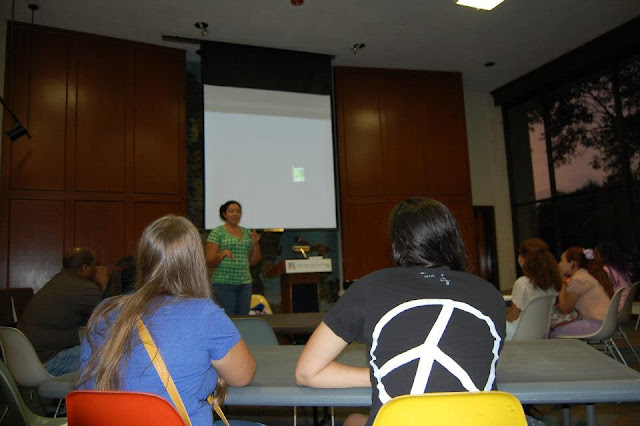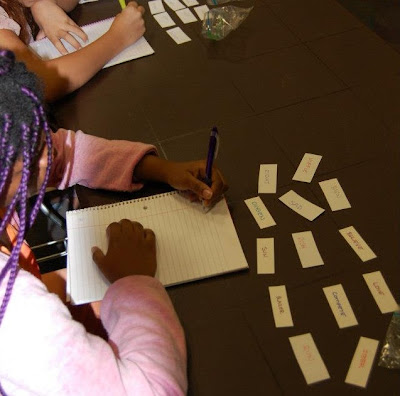Here's a great opportunity for young writers!
The
Scholastic Art and Writing Awards will celebrate their 90th Anniversary in 2013.

Here's how the program describes itself:
"Since 1923, the Awards have recognized the exceptional vision of our nation’s youth, and we provide a singular opportunity for students to be noticed for their creative talents. Each year, increasing numbers of creative teens submit their work, and they become a part of our community – young artists and writers, filmmakers and photographers, poets, and sculptors, and countless educators who support and encourage the creative process.
"The Alliance for Young Artists & Writers was founded in 1994, as a 501(c)(3) nonprofit, to present the Scholastic Art & Writing Awards, and to expand upon the Awards enormous legacy of bringing the exceptional artistic and literary talent of teens to a national audience.
"Since their founding, the Awards have identified the early promise of some of our nation’s most exceptional visionaries. Our alumni include artists like Andy Warhol, Philip Pearlstein, and Cy Twombly, writers Sylvia Plath, Truman Capote, and Joyce Carol Oates, photographer Richard Avedon, actors Frances Farmer, Robert Redford, Alan Arkin, and John Lithgow, filmmakers Stan Brakhage, Ken Burns, and Ned Vizzini, and
many more. Outside the arts, Awards’ alumni employ their creativity to become successful in any number of ways – leaders in fields like journalism, medicine, finance, government and civil affairs, the law, science, toy design, and more.
"Students’ submissions are judged by luminaries in the visual and literary arts, some of whom have also been past award recipients, and many notable past jurors have lent their expertise, including Francine Prose, Paul Giamatti, Langston Hughes, Robert Frost, Judy Blume, Paula Poundstone, Lesley Stahl, Billy Collins, Michael Beirut, Edward Sorel, David Sedaris, Roz Chast, and
more. Panelists look for works that best exemplify the Awards’ core values: originality, technical skill, and the emergence of personal voice or vision."
Check out their website for deadlines, rules and guidelines:
http://www.artandwriting.org







 I want to introduce you to a great website for writers called FIGMENT. A lot of teen writers post on there.
I want to introduce you to a great website for writers called FIGMENT. A lot of teen writers post on there.
 One important consideration when you begin writing is: whose point-of-view are you going to use to tell the story? Most fiction is written in either first person or third person point-of-view.
One important consideration when you begin writing is: whose point-of-view are you going to use to tell the story? Most fiction is written in either first person or third person point-of-view. I have published four novels for teens, plus several nonfiction books. I talk a lot about my work on my website; you can CHECK IT OUT HERE.
I have published four novels for teens, plus several nonfiction books. I talk a lot about my work on my website; you can CHECK IT OUT HERE. THE ROCK AND THE RIVER
THE ROCK AND THE RIVER CAMO GIRL
CAMO GIRL
 Here's how the program describes itself:
Here's how the program describes itself: Hi!
Hi!